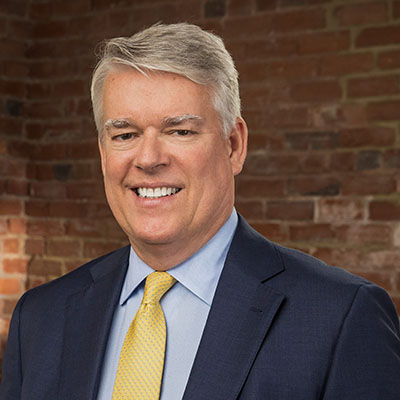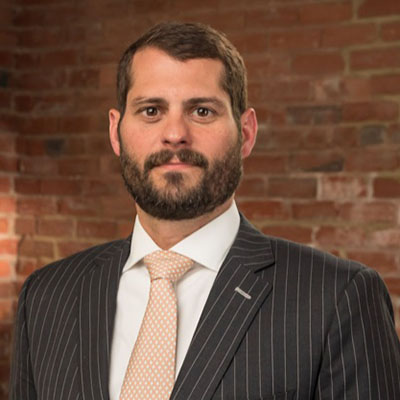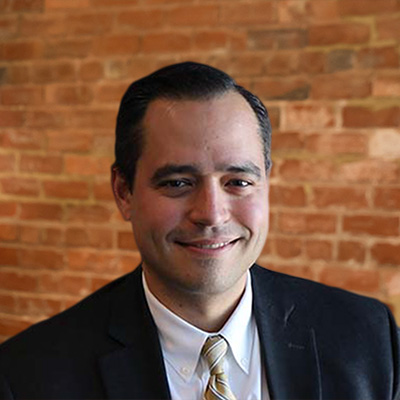While talking to a client today about their auto insurance, I was reminded of several misconceptions and misunderstandings that many people have about motor vehicle insurance.

Here are five of the most common:
Myth #1: The better-known insurance companies offer better coverage, so it’s safer to be with one of those.
Truth: The Virginia State Corporation Commission (SCC) Bureau of Insurance issues a form “personal auto policy.” All consumer personal automobile insurance policies sold in Virginia must provide the coverage specified in the form policy. If a policy offers less, Virginia law provides that the policy is “deemed” to conform to the requirements.
Because insurance policies sold in Virginia almost never offer more than the form requirements, in terms of what the policy offers in the small print, buying an auto policy in Virginia is kind of like buying a bag of sugar in the grocery store. One bag might be Domino and another might be Imperial, but let’s face it, a bag of sugar is a bag of sugar. Insurance policies are the same. The real differences between companies are price and service, not what they are selling.
Myth #2: Insurance companies are regulated, so one company is about the same price as another.
 Truth: Auto insurance companies are regulated in Virginia as to what the policy offers, and they have to have a “charter” to be able to sell insurance in Virginia, but family auto insurance policy rates are not regulated. The insurance companies can charge whatever they want.
Truth: Auto insurance companies are regulated in Virginia as to what the policy offers, and they have to have a “charter” to be able to sell insurance in Virginia, but family auto insurance policy rates are not regulated. The insurance companies can charge whatever they want.
Some years ago, the state Commissioner of Insurance told one of my colleagues that he was frustrated because consumers in Virginia pay too much for their auto insurance, saying, “The same person who will go to one grocery store over another because they can save 50¢ on a loaf of bread won’t pick up the phone and shop around to save themselves hundreds of dollars on their insurance policy.” (He also said that auto insurance is kind of like religion for some people; they have what their parents have, and don’t really think about it). The reason certain consumers pay more is because they don’t shop around.
To encourage people to shop around, the Virginia Bureau of Insurance offers a free booklet that has an “Automobile Insurance Quotation Worksheet” in the back to help people shop for insurance. They also offer “Sample Premium Tables” that show rate quotes received for people of certain ages with the same driving record. In the 2018/2019 pamphlet, it shows that quotes for the same 45-year-old married adult living in Richmond varied from $648 to over $6,100!
One warning about the quotes: Whatever company was low when that booklet was prepared may not be among the lowest now, because companies adjust their rates year-to-year based on their claims experience, sales goals and many other factors. The best way to check is to shop around for the current best price.
Myth #3: All companies are regulated as to how they do business, so the service they provide is about the same.
Truth: Although insurance companies in Virginia are regulated as to some aspects of how they do business, they are not really regulated as to the level of service they provide. My experience is that when it comes to handling claims, they are all at best rather poor. There are a handful of companies that are really bad, but if you do as the Bureau of Insurance recommends and shop around, you are not likely to end up with one of the really bad ones. Why? Because the bad ones tend to be among the ones that advertise a lot, and since all that advertising costs money, they tend to be more expensive!
As with most things that you buy these days, you need to be a sophisticated consumer. If you are not happy with the price you are paying or the service you are getting, shop around. Several years ago, the American Association for Justice named their “Ten Worst Insurance Companies in America.” Click here to read more.

Myth #4: I don’t have a lot of assets, so I don’t really need more than the minimum requirement.
Truth: The limits of liability coverage on your auto insurance policy serve two basic purposes. The first purpose for having a sufficiently high insurance policy limit is because, if you cause an accident, then the limits of insurance protect your personal assets. If the amount of the damage or injury you cause is greater than the limit on your policy, then after your insurance company pays the limits, you are personally responsible for the amount greater than that limit. An injured person could sue you and obtain a large judgment. Accordingly, purchasing an insurance policy with a sufficiently high policy limit can protect your personal assets.
The second purpose for having a sufficiently high insurance policy limit is because, under Virginia law, you automatically have an equal limit of “uninsured motorist” and “underinsured motorist” coverage. (1) If you, a family member who lives in your household, or a passenger in your car is injured, and the person who causes the injury has no insurance or a policy limit less than yours, then your own company will pay up to the difference. For instance, if you have a policy with a limit of $100,000 and are seriously injured, and the person causing your injuries only has a policy with the minimum limit of $25,000, the at-fault driver’s company would pay their $25,000 and then your company would pay up to the difference (that is, up to $75,000 more) to equal the limit you have of $100,000.
Higher insurance policy limits not only protect you and your assets, but they also protect you and your family against drivers who have insufficient insurance themselves.
Myth #5: My insurance company will raise my rates if I need to use my coverage after an accident.
Truth: Many people worry that using their insurance coverage will cause their insurance rates to be raised. Luckily for Virginians injured by someone else’s negligence, this will not happen. Please see my colleague David Douthit’s article on how Virginia law prohibits the raising of rates in these very situations. (5)
(1) You can choose to make your UM and UIM limits less than your liability limit, if you make that request in writing, but that’s rarely done and is a very bad idea.
If you have been injured in an auto accident through no fault of your own, call the seasoned attorneys at Allen & Allen today for a free consultation, at 866-388-1307.




